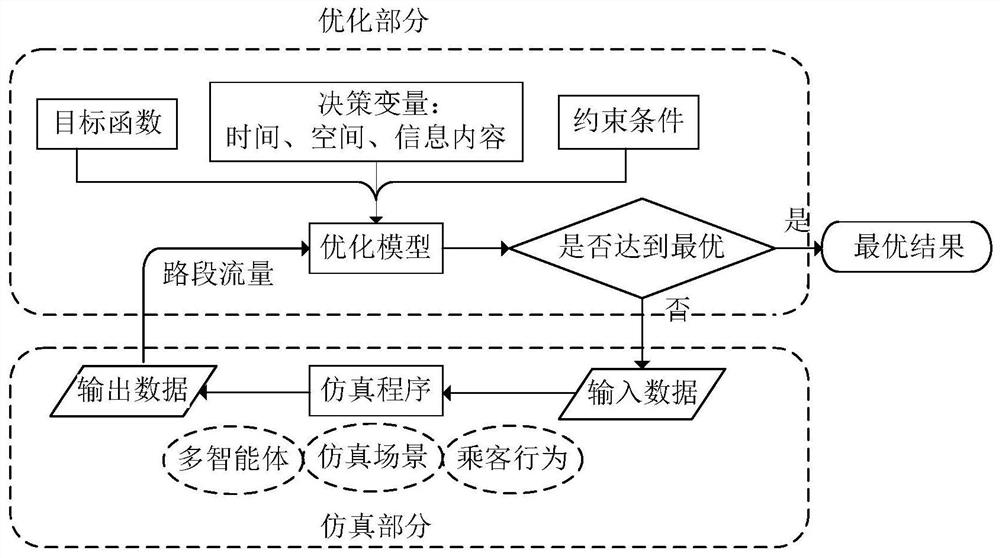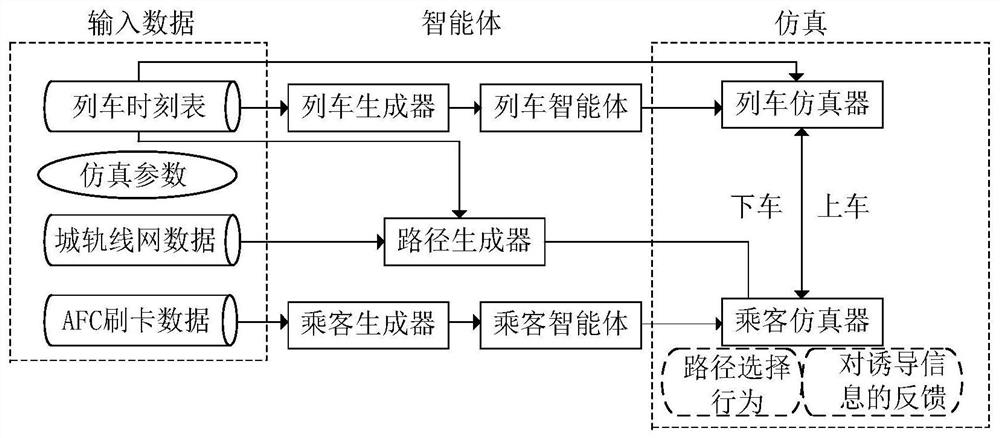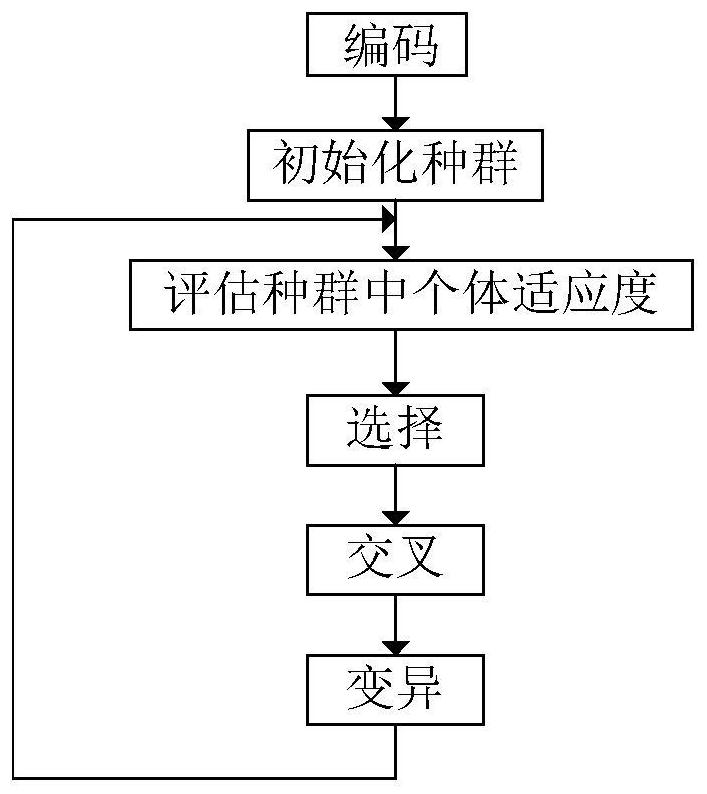A passenger flow induction method for urban rail transit based on multi-agent simulation
An urban rail transit and multi-intelligence technology, applied in the field of urban rail transit passenger flow induction based on multi-agent simulation, can solve traffic congestion and other problems, achieve balanced passenger flow distribution, eliminate the risk of large passenger flow, and improve service levels
- Summary
- Abstract
- Description
- Claims
- Application Information
AI Technical Summary
Problems solved by technology
Method used
Image
Examples
Embodiment 2
[0118] The present invention takes Beijing subway as an example to verify the model and algorithm. The data to be input includes: Beijing subway line network topology data, passenger flow time-sharing OD data, travel time parameters in passenger stations, and train timetable data. By calculation, 50 stations should be selected to issue guidance information during the morning rush hour.
[0119] In addition, the present invention can provide a refined induction scheme, realizing "one scheme per station". That is to say, each station can get a differentiated passenger flow induction scheme, so that passengers at each station see different road network congestion conditions. The meaning of the passenger flow congestion information about a certain section released to passengers at a station means that passengers departing from this station in the current period may encounter congestion if they pass through this section, so that passengers can be assisted in making reasonable trav...
PUM
 Login to View More
Login to View More Abstract
Description
Claims
Application Information
 Login to View More
Login to View More - R&D
- Intellectual Property
- Life Sciences
- Materials
- Tech Scout
- Unparalleled Data Quality
- Higher Quality Content
- 60% Fewer Hallucinations
Browse by: Latest US Patents, China's latest patents, Technical Efficacy Thesaurus, Application Domain, Technology Topic, Popular Technical Reports.
© 2025 PatSnap. All rights reserved.Legal|Privacy policy|Modern Slavery Act Transparency Statement|Sitemap|About US| Contact US: help@patsnap.com



